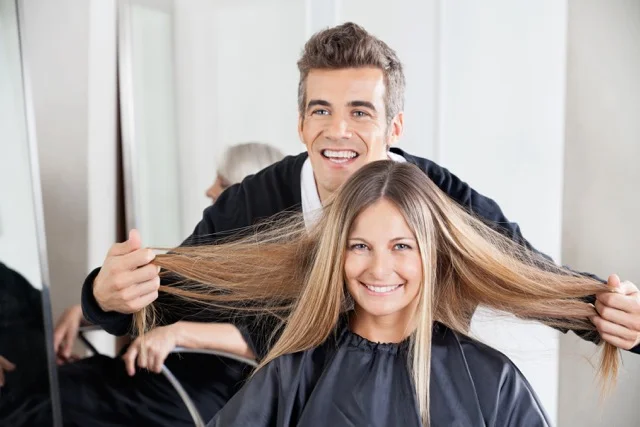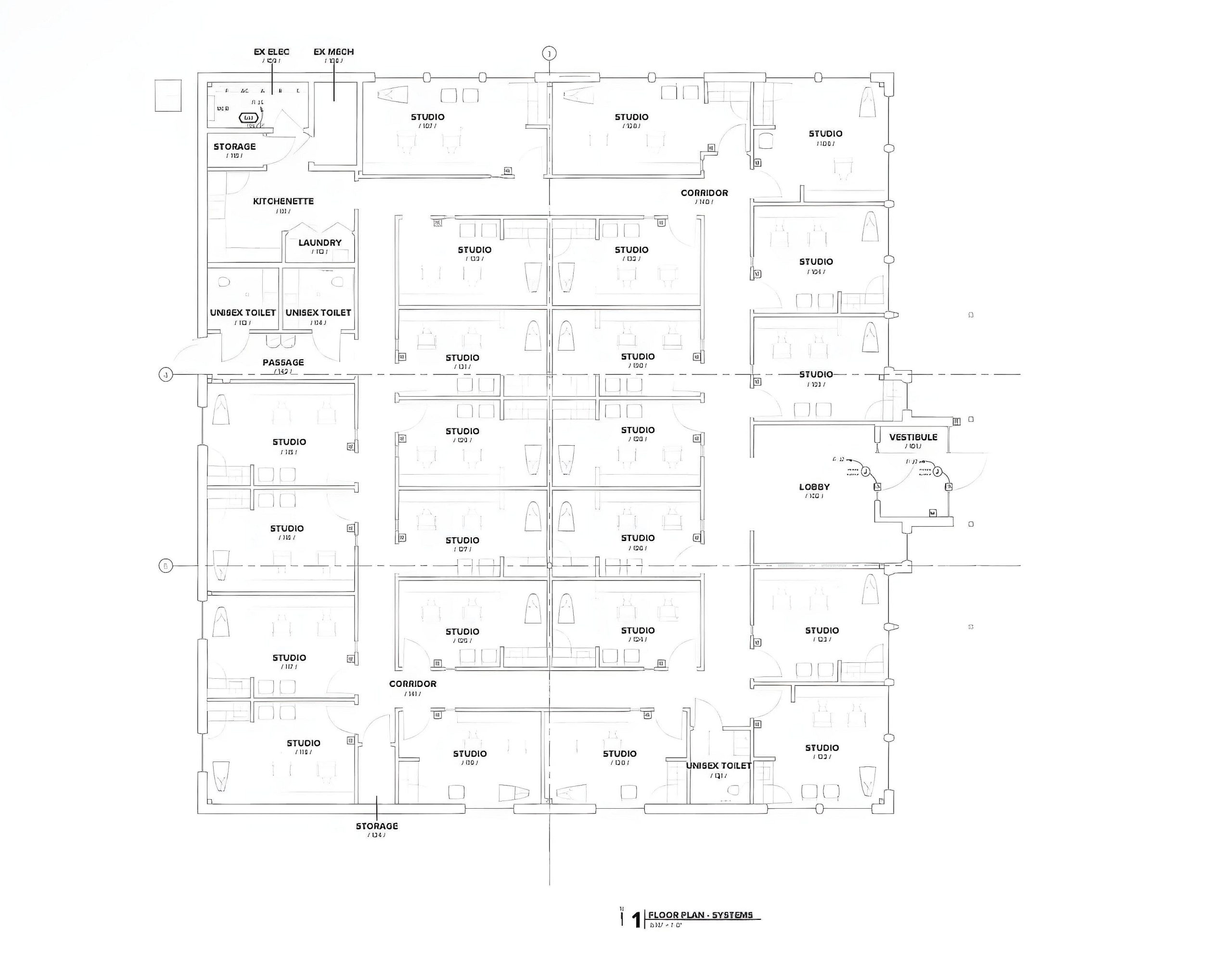Strategic Choices: Considering the Benefit of Renting Out Versus Having a Salon Room to Maximize Long-Term Success and Financial Practicality
When it comes to establishing a hair salon business, one of the important choices that owners must thoroughly take into consideration is whether to rent out or have the area in which they run. The option between renting out and possessing a beauty parlor room can have a significant impact on the long-lasting success and monetary wellness of business. Factors such as operational flexibility, economic effects, and financial investment potential play a vital duty in this calculated decision-making process. By exploring the advantages and drawbacks of each choice, beauty parlor proprietors can make educated choices that line up with their business objectives and desires.

Pros and Cons of Renting
When thinking about the choice in between renting out a beauty parlor area or owning one, it is vital to weigh the advantages and disadvantages of renting out to make an educated choice. One main benefit of renting a beauty parlor area is the adaptability it provides. Renting out allows beauty salon owners to test various locations or upscale their organization without the dedication of a long-lasting home mortgage. Furthermore, leasing commonly entails less ahead of time prices, making it an extra available choice for new beauty parlor proprietors or those with spending plan restraints.

Financial Elements to Consider

Considering the economic effects of renting out a hair salon area versus owning one is important for making an educated service choice. When assessing the monetary variables, it is essential to examine the initial expenses linked with each alternative. Leasing a salon room normally requires a safety and security down payment and regular monthly rental fee settlements, whereas owning entails a down settlement, home loan payments, real estate tax, and upkeep costs.
Moreover, the lasting monetary implications differ in between leasing and possessing. On the other hand, owning a salon room uses potential equity development and the possibility to develop possessions.
In addition, think about the influence on capital and earnings. Leasing may use lower in advance prices, enabling you to allot even more resources to advertising and organization growth. In comparison, having calls for a considerable first investment however might result in cost financial savings in the lengthy run. Examining these monetary aspects adequately will aid you make a critical choice that enhances your hair salon's long-lasting success and financial stability.
Operational Versatility and Control
Ideal operational efficiency plays a critical role in figuring out the equilibrium in between versatility and control when choosing between renting out and having a beauty parlor space. Leasing a beauty salon room provides intrinsic adaptability as it enables less complicated adjustments to transforming market problems, customer choices, or company requirements. This versatility is particularly valuable for brand-new beauty salon proprietors or those wanting to evaluate various locations prior to dedicating long-term. Furthermore, renting out provides the benefit of not being tied down to a details property, allowing less complicated relocation if essential.
On the various other hand, having a hair salon space offers a better sense read this of control over the home and link its procedures. Proprietors have the flexibility to tailor the room to their preference, carry out lasting techniques without the threat of lease discontinuations, and possibly develop equity over time. However, ownership additionally includes responsibilities such as home upkeep, insurance coverage, and real estate tax, which can affect the general economic commitment.
Eventually, the decision between renting and possessing ought to consider the desired degree of functional adaptability and control that lines up with the salon's long-lasting goals and vision.
Financial Investment Possible in Possession
Provided the functional factors to consider discussed earlier, exploring the financial investment possibility in beauty salon ownership loses light on the monetary implications and long-term advantages that come with having a salon area. By spending in a salon room, proprietors have the potential to benefit from residential property appreciation, which can offer as a beneficial possession in the lengthy run.
Additionally, ownership permits higher control over the area, allowing proprietors to personalize and tailor the hair salon to their specific brand name and vision without the constraints often imposed by landlords. This degree of control can boost the total customer experience and brand identity, potentially bring about increased customer retention and business development.
In terms of investment potential, owning a beauty salon room can also open chances for extra income streams, such as renting unused space to various other beauty experts or including retail sales within the beauty parlor. Barbershop. These varied revenue resources can contribute to the total monetary wellness and sustainability of business
Long-Term Security and Development
With a focus on sustainability and growth Read More Here over time, developing long-term security and cultivating development are critical elements of hair salon ownership. To make certain long-lasting stability, hair salon proprietors must thoroughly consider factors such as area, market fads, and economic planning. Selecting between renting out and owning a salon area plays a considerable function in establishing the organization's development potential.
Renting a salon area offers adaptability and lower preliminary prices, allowing proprietors to allocate sources in the direction of enhancing services and advertising and marketing efforts. Lasting rental prices can affect profitability and restrict the capacity to construct equity in the residential or commercial property. On the other hand, possessing a hair salon area uses stability with fixed home loan payments and the possibility for building admiration. By possessing the space, salon proprietors have more control over tailoring the property to match their brand name and can take advantage of long-lasting asset growth.
Ultimately, the decision between leasing and having a hair salon room should line up with the proprietor's long-lasting service objectives and monetary goals. Whether focusing on adaptability or equity structure, a critical technique to building ownership can dramatically impact the salon's security and development trajectory.
Conclusion
In final thought, the decision in between renting and possessing a salon space requires a cautious analysis of economic aspects, functional flexibility, investment potential, and long-lasting stability. Both options feature their very own collection of advantages and drawbacks, and it is essential for beauty parlor proprietors to evaluate these aspects to optimize lasting success and monetary stability. Hair salon suites. Ultimately, the option between renting out and possessing ought to be based on a detailed analysis of private service objectives and circumstances